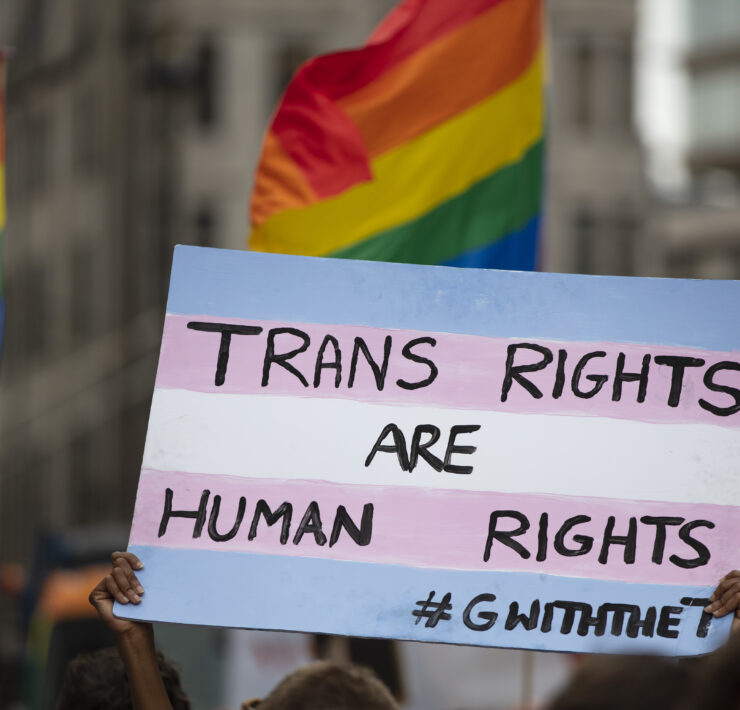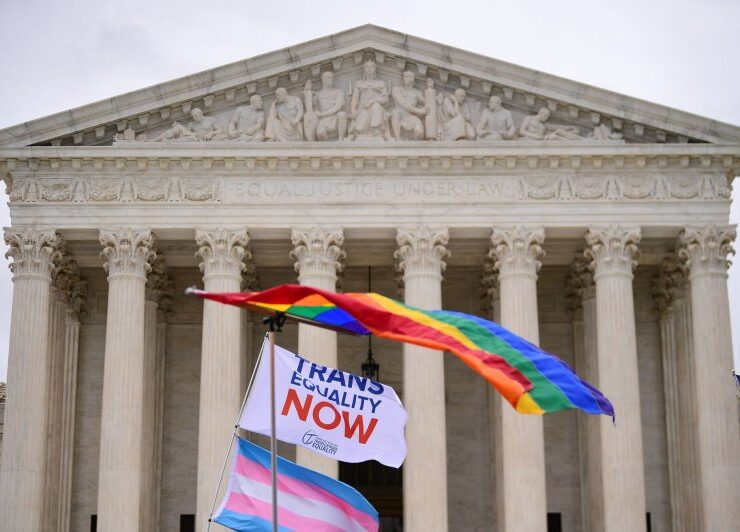Florida Trans Teacher Legally Banned from Using Correct Pronouns

The ongoing struggle between personal identity and state-imposed restrictions has taken center stage in Florida. A recent court ruling has denied a transgender teacher to use her chosen pronouns in the classroom.
This decision, made by a three judge-panel of the 11th Circuit Court of Appeals, in a 2-1 decision issued July 2, said Florida’s newly expanded “don’t say gay” law may legally forbid Katie Wood, a transgender teacher from Hillsborough County from she/her pronouns and being addressed as Ms. while on the job.
A lower court initially ruled in her favor, finding that restricting her from expressing her gender identity in the classroom violated her First Amendement Rights. However, this decision was overturned by the appellate court, which held that speech in the classroom by public employee—like teachers—is considered government speech and therefore can be regulated by the state.
“Wood’s suit, by her own admission, challenges only the statute’s application to her speech ‘in the classroom,” states U.S Circuit Judge Kevin Newsom the majority opinion, meaning the state law governs her actions as an employee of the state and does not infringe on her rights as a private citizen.
The majority opinion notes, “When a public-school teacher addresses her students within the four walls of a classroom, whether orally or in writing, she is unquestionably acting “pursuant to (her) official duties.” Interacting with students during class time, quite literally, is a teacher’s “official duty,”
Newsom was appointed his seat by President Donald Trump in 2017. Another Trump appointee, Andrew Brasher, joined Newsom in the majority opinion.
This interpretation marks a significant shift in how courts may treat self-expression, particularly for LGBTQ+ individuals in public employment that may align with a different gender identity. On the contrary, in a powerful dissent, Judge Adalberto Jordan, an appointee of former President Barack Obama contended that such restrictions enforce a “speech orthodoxy” and infringe on Wood’s rights to express her own identity in a matter of profound public concern.
“Ms.Wood has substantially demonstrated ther her use of her preferred personal title and pronouns constitutes private speech on a matter of public concern rather than government speech,” Judge Adalberto Jordan wrote.
He also reinforced that Florida Officials have “recently come to believe that the First Amendment does not prevent it from dictating what can and cannot be said. Not surprisingly, it’s attempts at speech orthodoxy have so far not exceeded.”
The ruling has far-reeching consequences not only for educators, but for transgender visibility and inclusion in public institutions. By requiring teachers to adhere to pronouns based on their sex assigned at birth, Florida’s law effectively erases transgender identities from the classroom setting—sending a chilling message to both LGBTQ+ staff and students.
Florida’s “don’t say gay” law originally outlined prohibitions about sexual orientation or gender identity in the early grades but was extended to highschool in 2023; a 2024 legal settlement clarified that some discussions of the topic are permitted. Also in 2023, the state expanded the law to restrict pronoun usage in public schools. The law was initially signed by Florida Governor Ron DesSantis in 2022.
Featured image courtesy of 8 News Channel Video on Katie Wood










